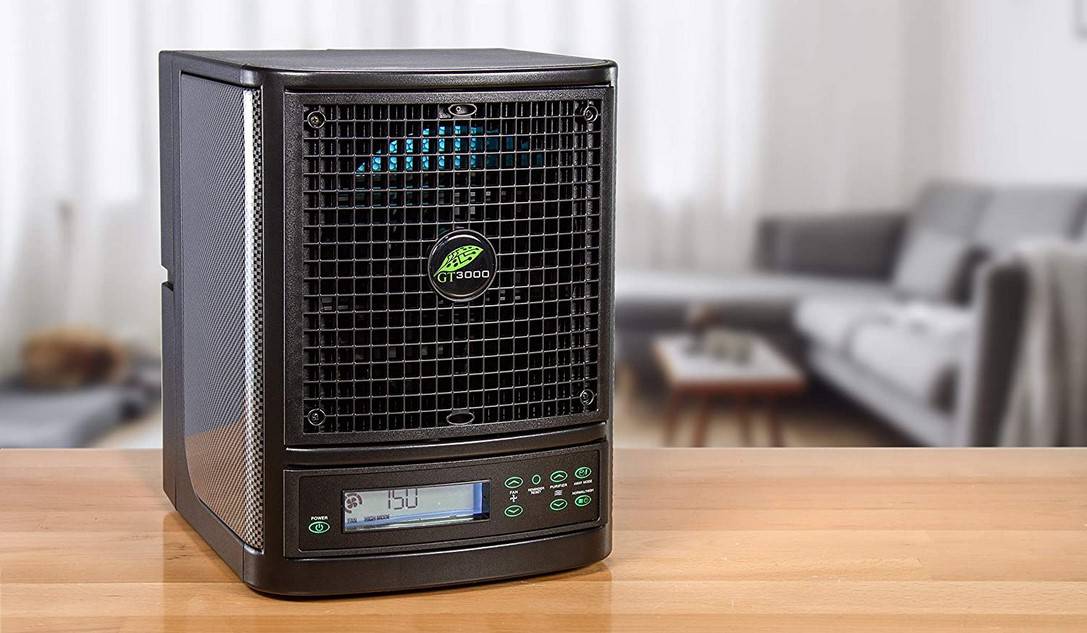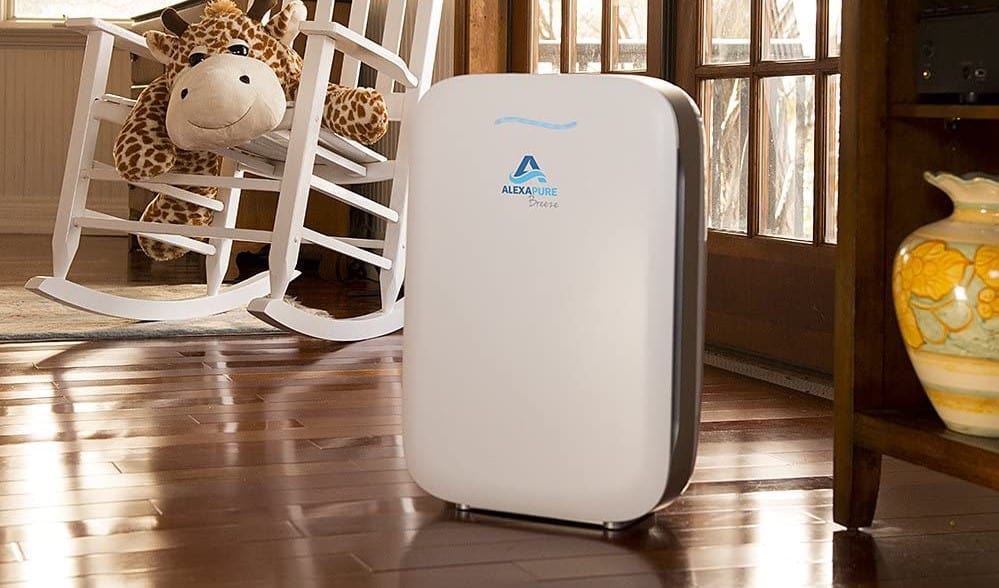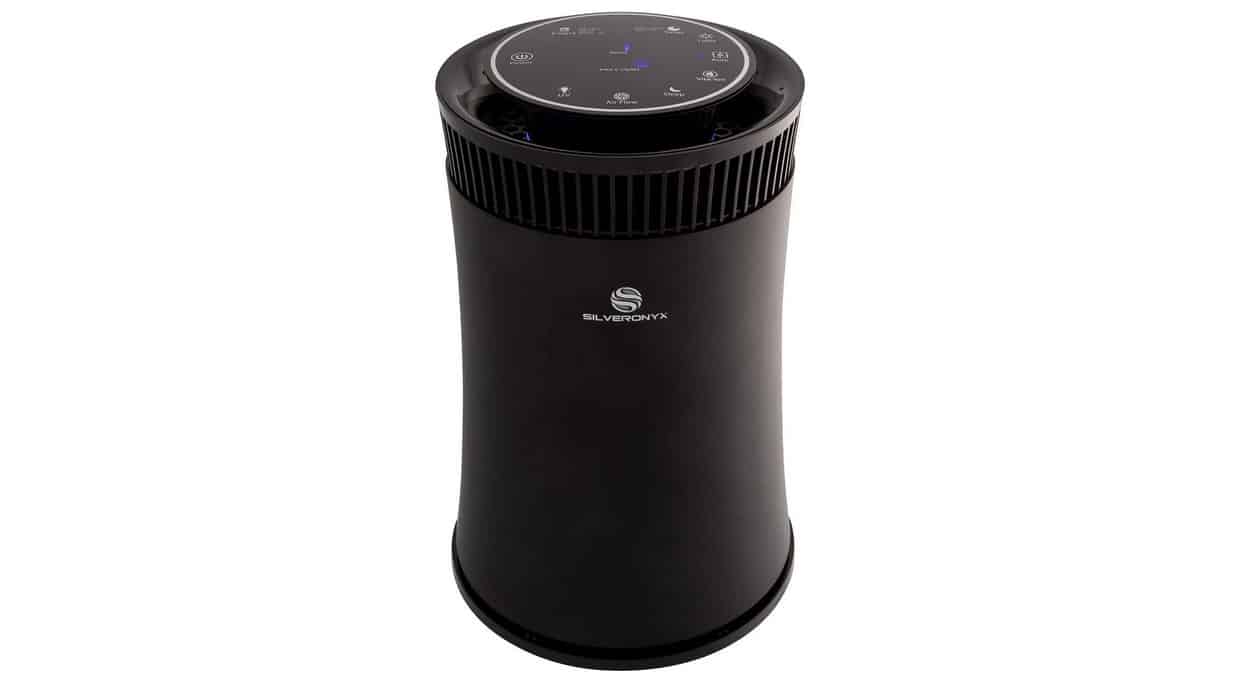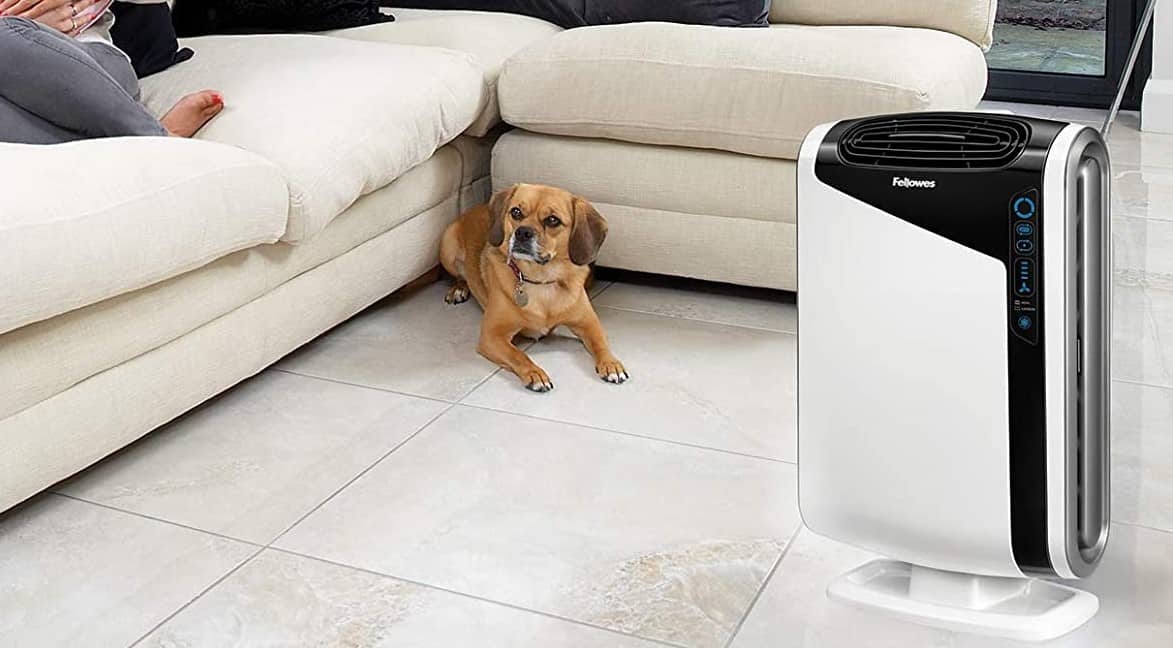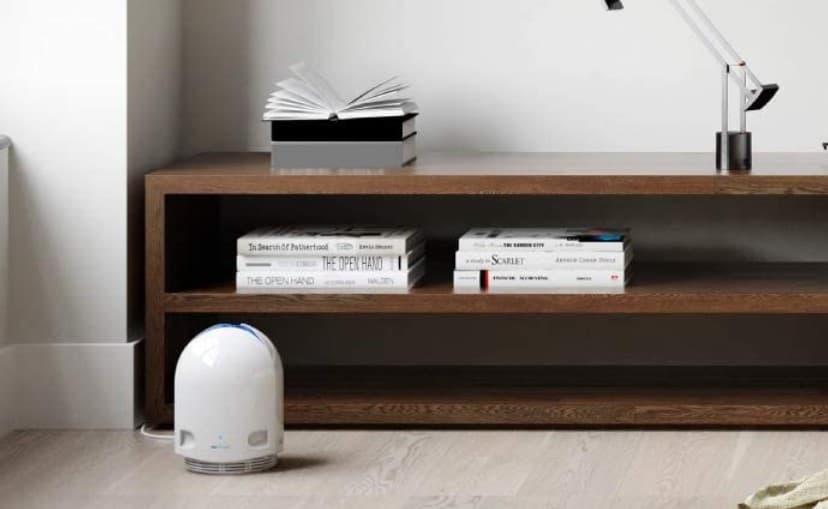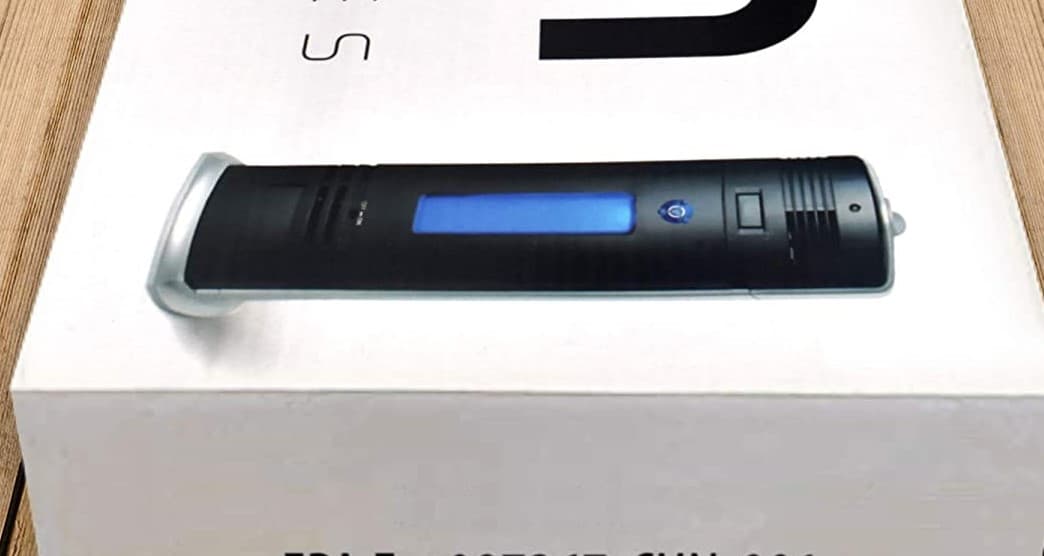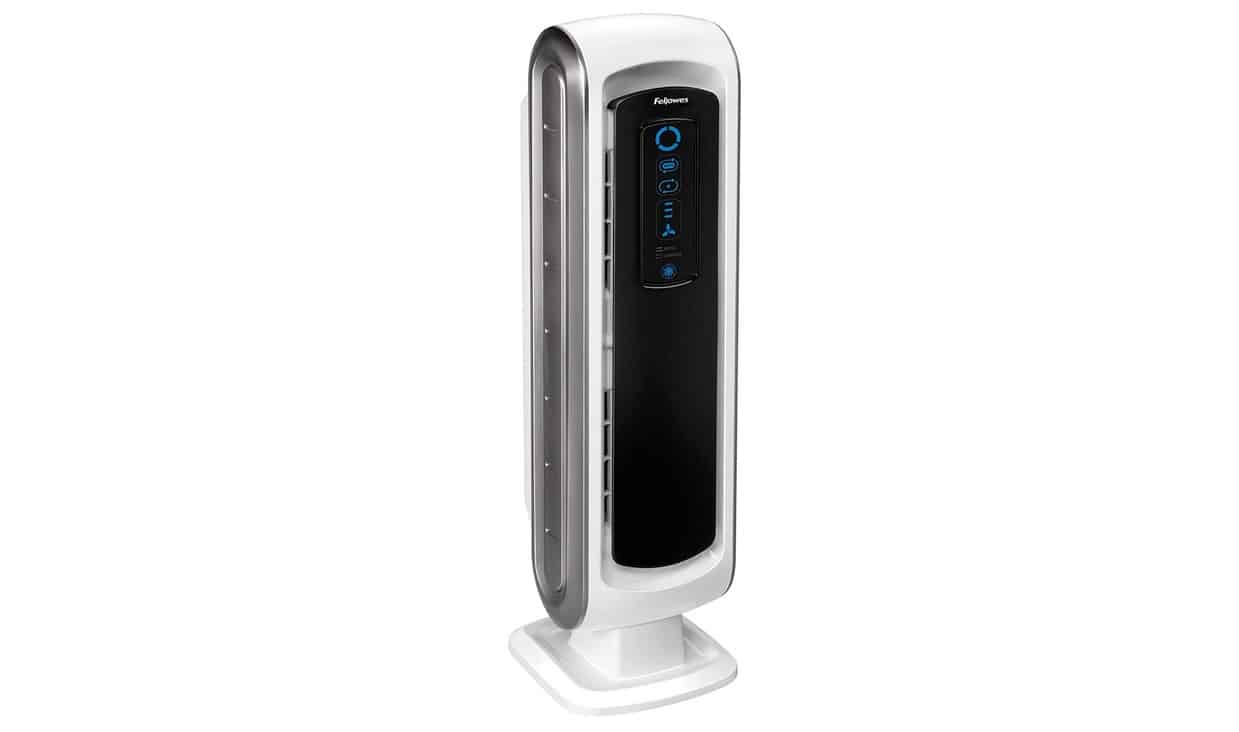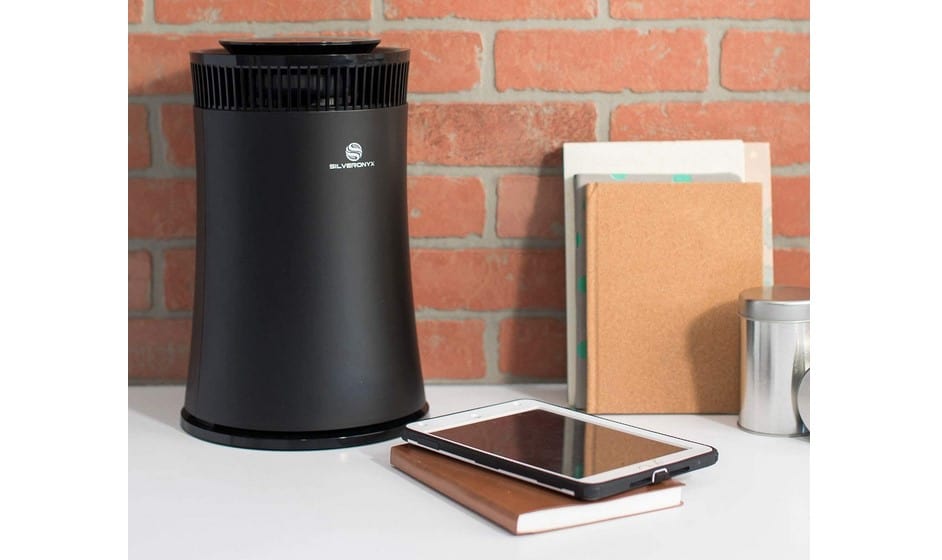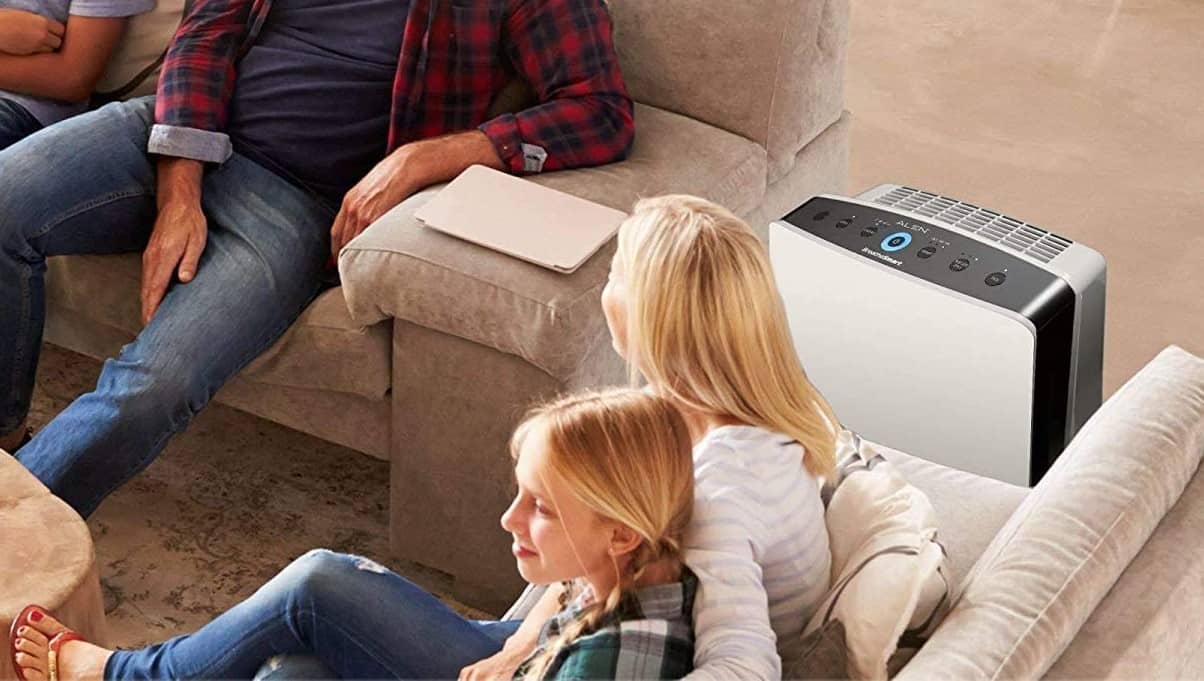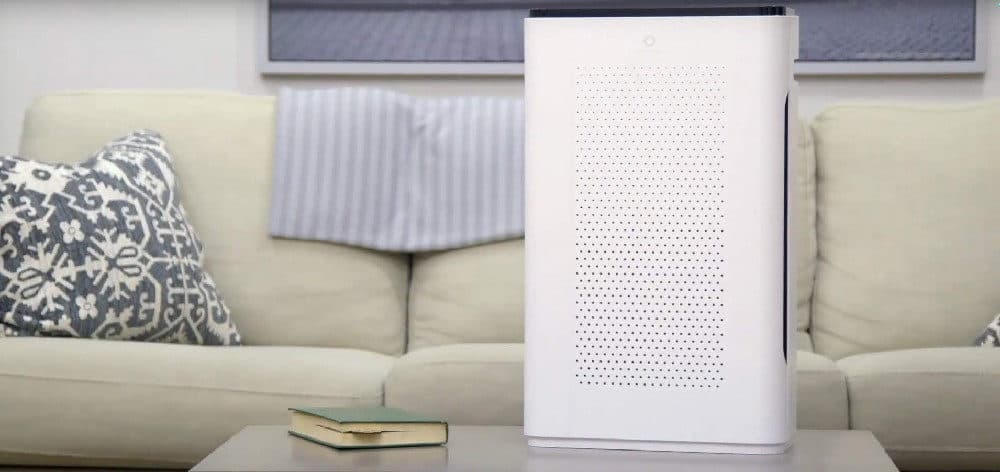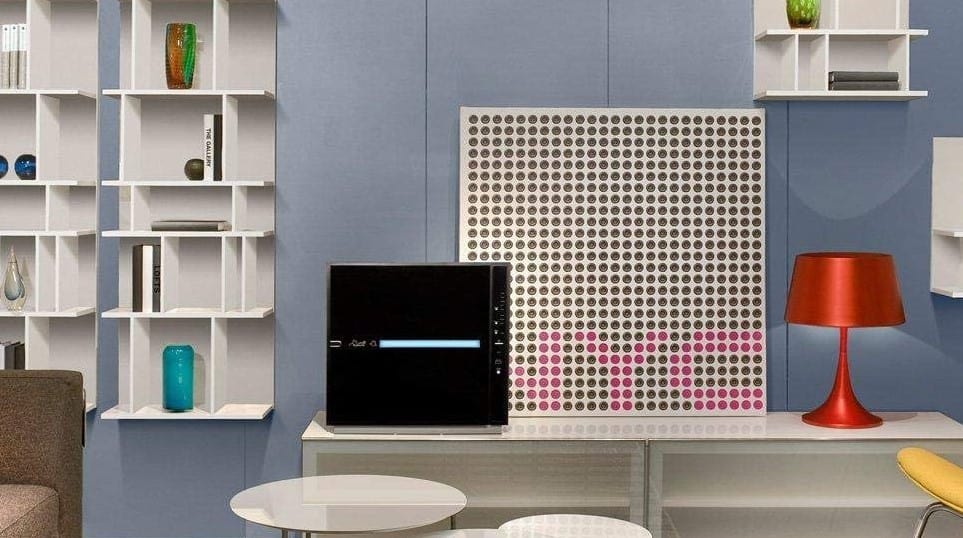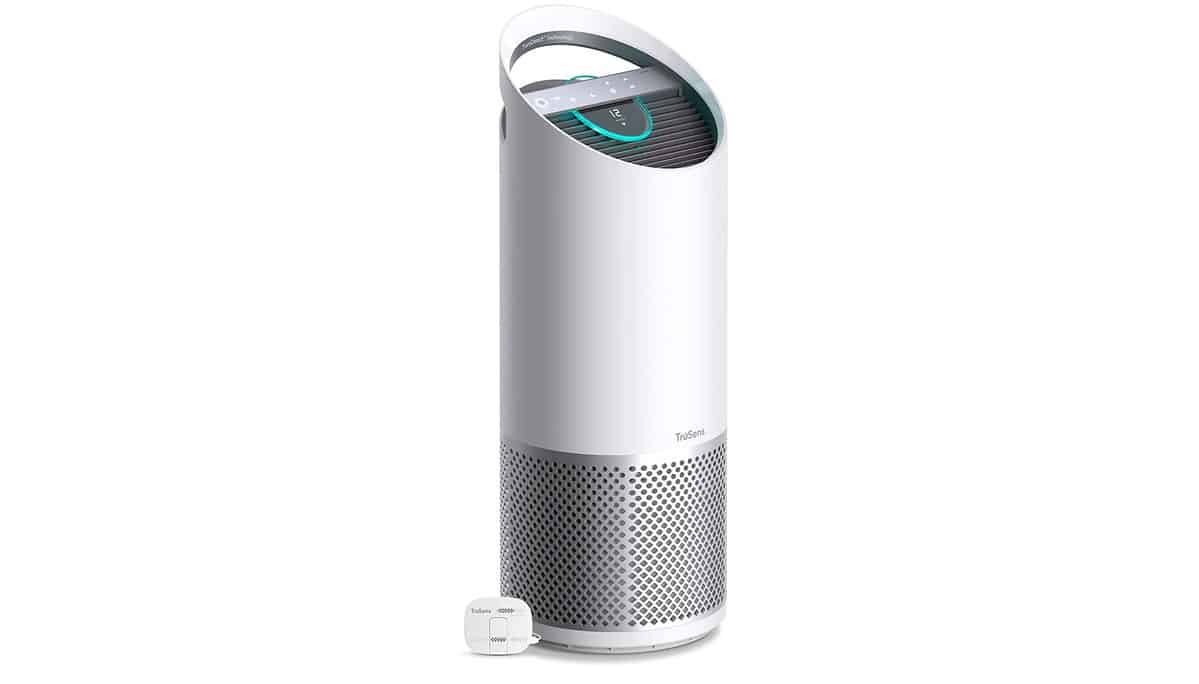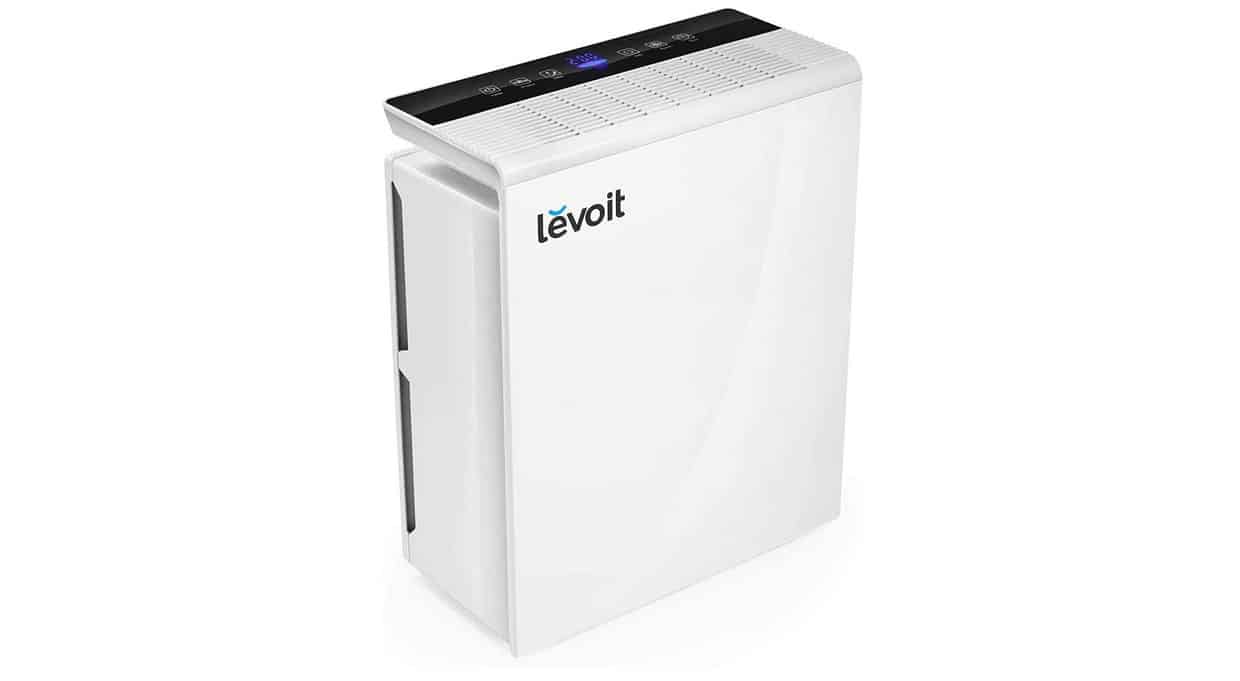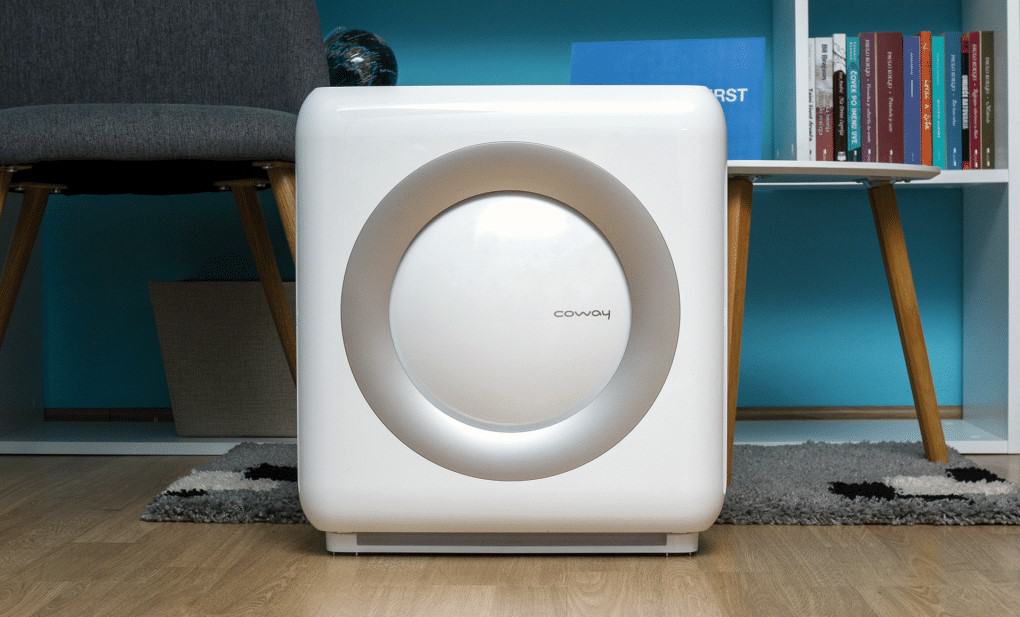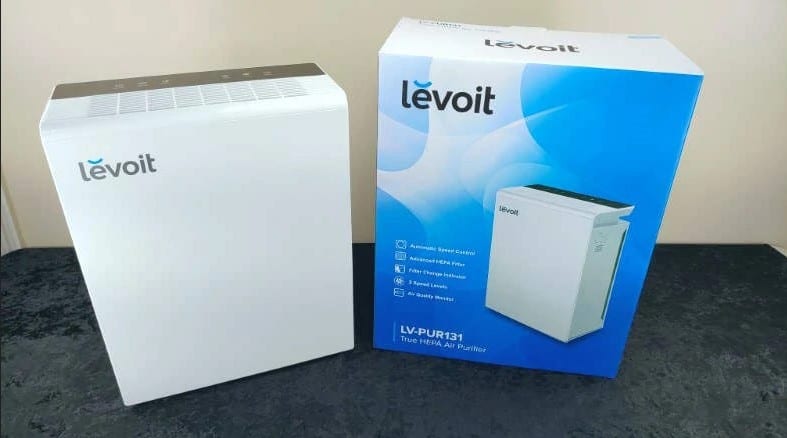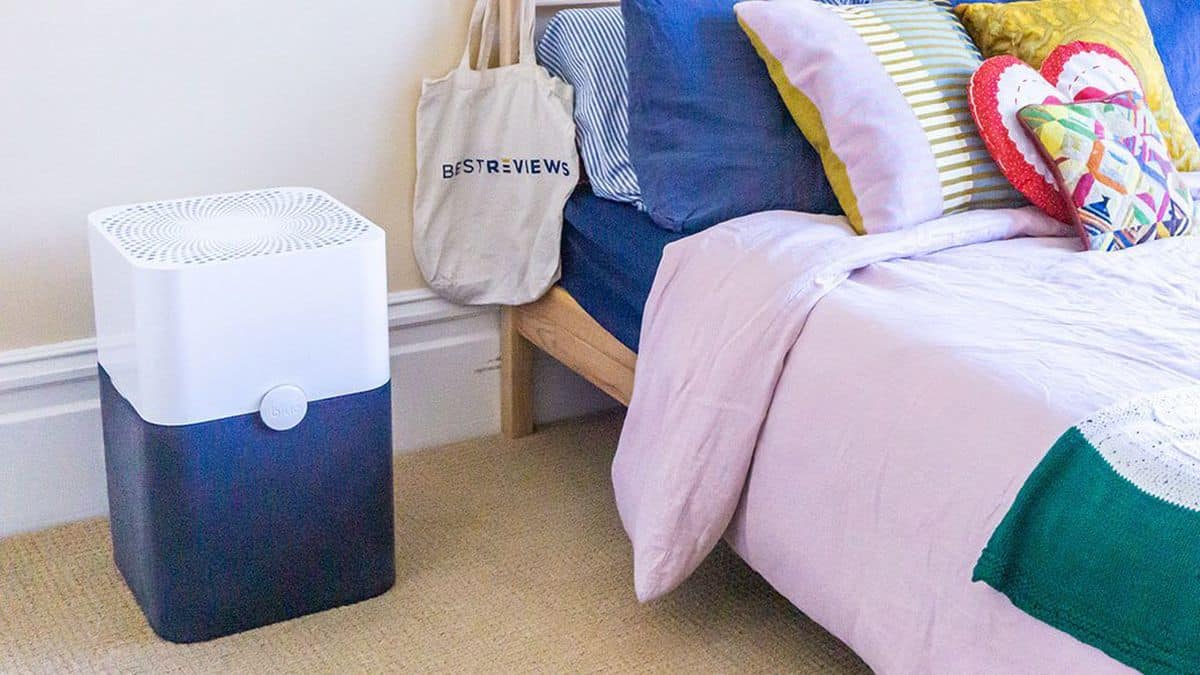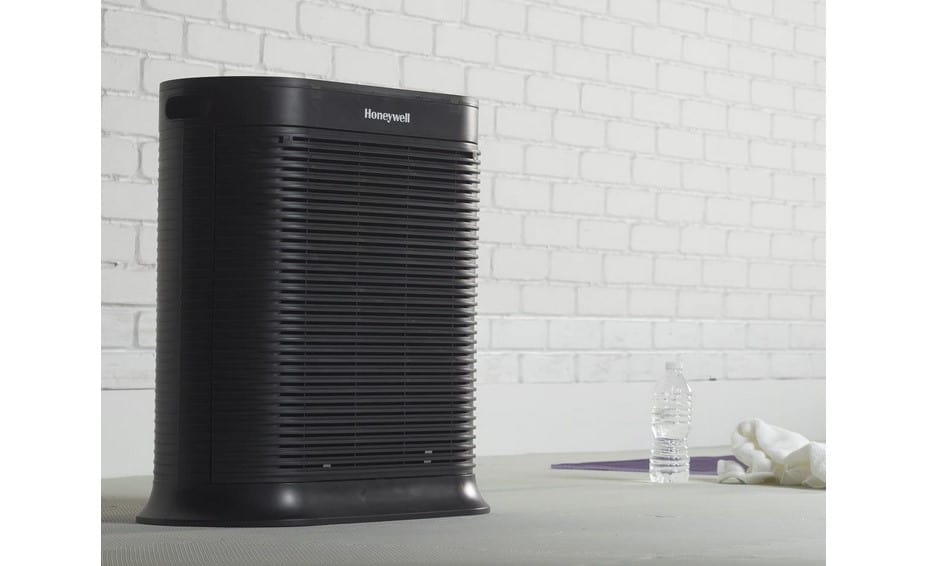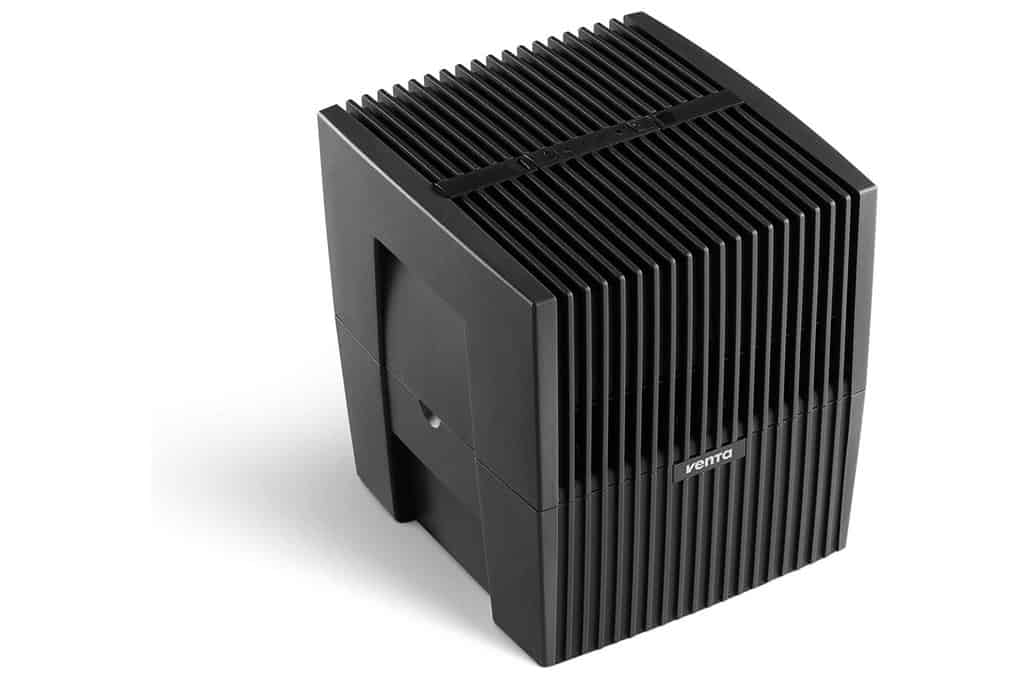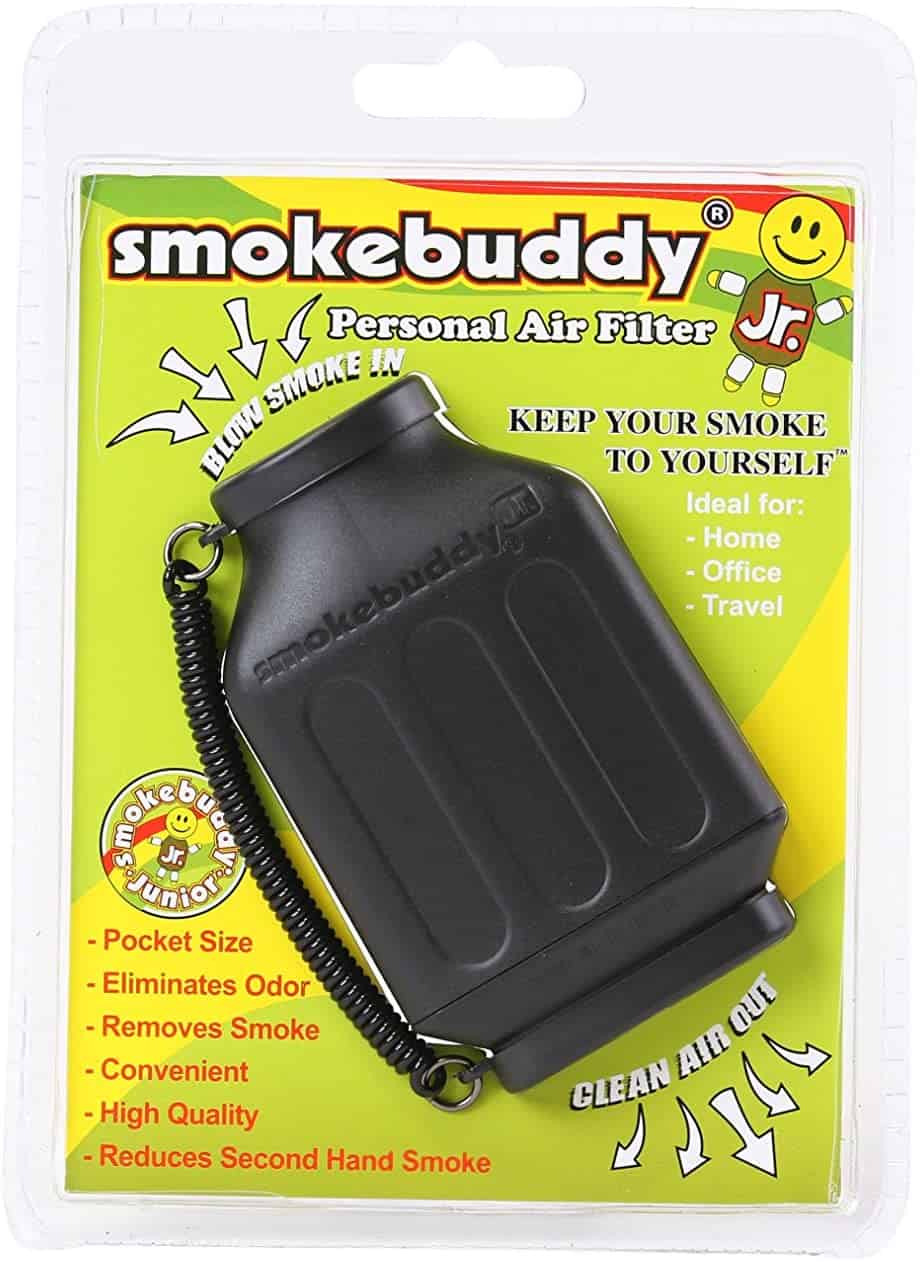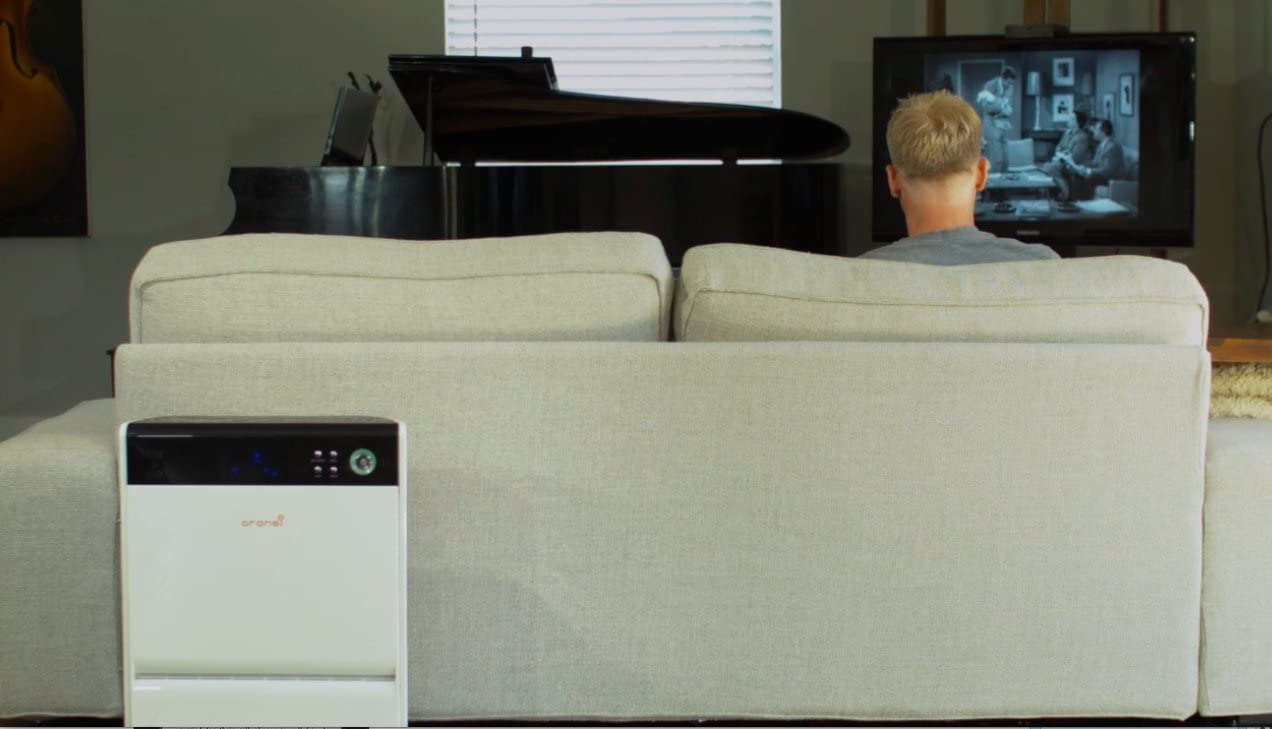Many consumers in the market for the best air purifiers look for one with a HEPA filter. However, some may wonder what is better than a HEPA filter if there is such a thing. The answer is not as simple as you might think. Many consider HEPA air purifiers to be the best option, but there is a filter that technically blocks more airborne pollutants. Read on to find out more.
KEY TAKEAWAYS:
- Some consider HEPA filters the best option when it comes to an air purifier for their homes.
- ULPA filters block almost all airborne particles greater than 0.1 microns in size.
- ULPA air purifiers reduce the airflow in the room because the material is thicker with smaller holes.
What is Better than HEPA filters?
There aren’t many filters better than a HEPA one since these filters offer a way to reduce larger particulate matter. However, a ULPA air filter looks better on paper because it reduces particles of smaller sizes as well as larger particles. These filters suffer from low airflow and high prices. Because of these reasons, many users still prefer HEPA-based air purifiers.
There are also different types of air purifiers, like air purifiers to use when you’re pregnant and air purifiers that kill germs. Moreover, you can compare devices to see which one is better, like our mashup of the Advanced Pure Air Newport Ultra air purifier vs the Advanced Pure Air Shield air purifier.
HEPA-based Air Purifier
High-efficiency particulate air (HEPA) filters provide the basis for some air purifier models that feature a pleated mechanical air filter. According to the EPA, a HEPA filter must remove at least 99.97% of larger particles, at least 0.3 microns in size. These contaminants include dust mites, airborne allergens, and mold spores within the designated space of the air purifier. These filters have been proven to improve indoor air quality in several academic studies.
Insider Tip
HEPA air purifiers with UV-C technology provide better indoor air quality.
ULPA-based Air Purifier
Similarly designed when compared to a HEPA filter, ultra-low particulate air (ULPA) filters feature a dense web of fibers arranged randomly. These filters remove more air pollutants than HEPA filters, requiring 99.99% with a target particle size of 0.1 microns. Because of the filtration requirement, ULPA air filters must be woven densely, resulting in less airflow. This reduction causes some other issues for the user.
HEPA Reigns Supreme
Although they do not filter as many particles, many consumers choose the HEPA type of air purifier. Due to its density, the choice comes down to the decreased flow into the room environment from a ULPA air filter. Additionally, HEPA filters cost less money than their ULPA counterparts and have longer lifespans. Many believe the slight difference between the airborne contaminants is not worth the additional price initially and for replacements. However, locations that require greater sterilizations may utilize ULPA filters, such as operating rooms or intensive care units. These are also great if you want an air purifier to clean more than one room.
Combining HEPA and UV-C Air Purifiers
UV-C air purifiers irradiate the particulate matter in the air, and then they expose the irradiated particles to UV-C light. When this exposure occurs, the particles are neutralized. By combining UV-C and HEPA air purifiers, researchers have observed a greater reduction in airborne contaminants that may trigger allergies or asthma, as well as other harmful particles. This reduction is because the air first passes through the HEPA filter and goes through the UV-C process.
Electrostatic Precipitators for Air Purifying
Units that remove particles for gas streams using electricity to charge particles positively and negatively are referred to as electrostatic precipitators. These units have two collector plates that attract the particulate matter that has been charged correspondingly. However, some particles demonstrate resistivity, with issues stemming from both low and high resistivity. As a result, electrostatic precipitators may suffer when these particles are present.
Electrostatic Precipitators and HEPA Ratings
One study found that the HEPA and electrostatic precipitators had the highest efficiency when removing indoor air pollution than an electret and ionic purifier. Additionally, this type of air purifier does not generate ozone, which can be hazardous to your health at high levels. Combining these two systems reduced the number of dust particulates, tobacco smoke particulates, fungal spores, and pollen.
You should also know how to clean air purifiers and how to clean electrostatic air purifiers. That is, if you want these devices to serve you for the longterm.
Warning
The price difference between ULPA and HEPA may not be worth the slight increase in particle reduction.
F.A.Q.S
Should I buy a HEPA air purifier for my home?
HEPA air purifiers are ideal for homes and offices. These cleaners help to reduce the particles in the air.
What are HEPA air filters good for?
HEPA air filters are particularly good for removing particles like mold, pet dander, dust, and other allergens.
What Are the Differences between a MERV 13 and a HEPA Filter?
HEPA refers to the type of filter an air purifier possesses, while MERV (minimum efficiency reporting values) refers to the rating of that filter. Higher filter quality leads to higher ratings, with the highest rating being 16.
STAT: This type of air filter (HEPA) can theoretically remove at least 99.97% of dust, pollen, mold, bacteria, and any airborne particles with a size of 0.3 microns (µm). (source)
REFERENCES:
- https://www.epa.gov/indoor-air-quality-iaq/what-hepa-filter-1
- https://en.wikipedia.org/wiki/Ultra-low_particulate_air
- https://www.youtube.com/watch?v=ltc78LqiGI0r
- https://www.tandfonline.com/doi/full/10.1080/15459620600909799
- https://www.epa.gov/air-emissions-monitoring-knowledge-base/monitoring-control-technique-electrostatic-precipitators

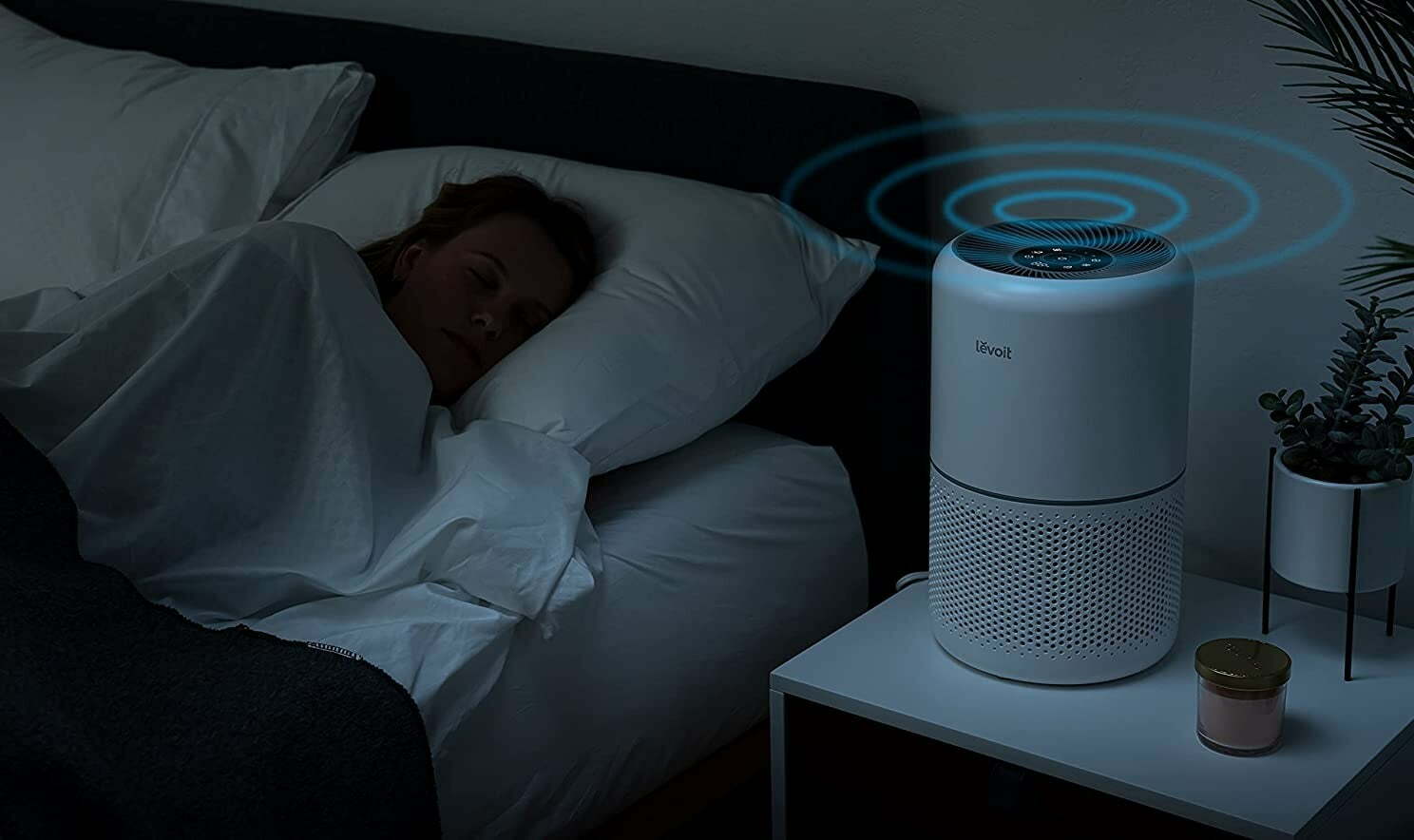













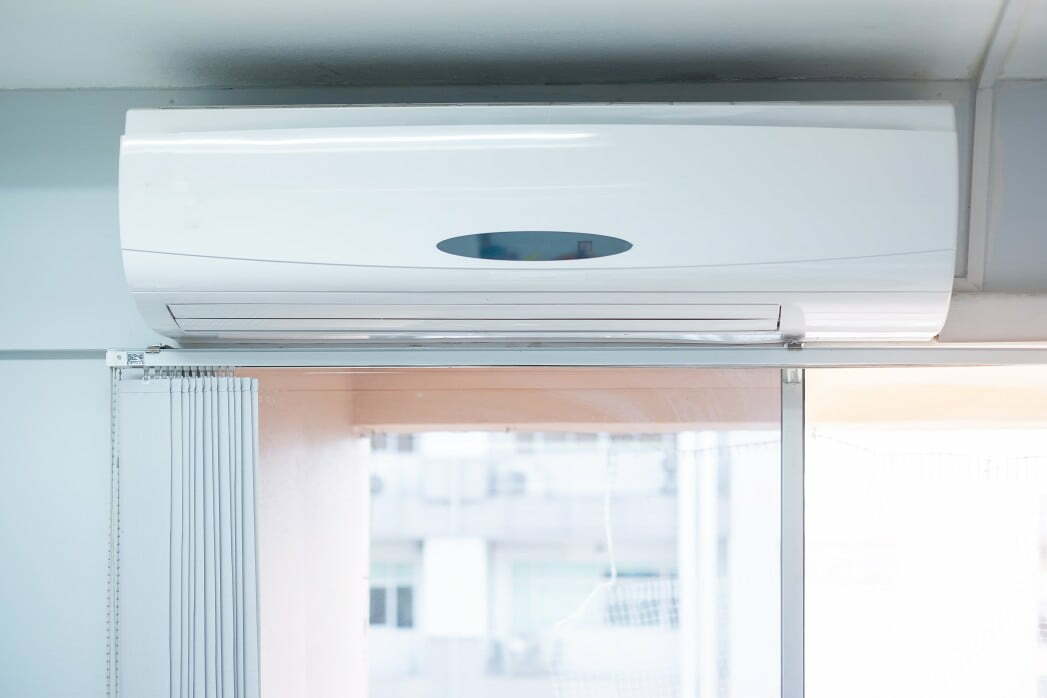
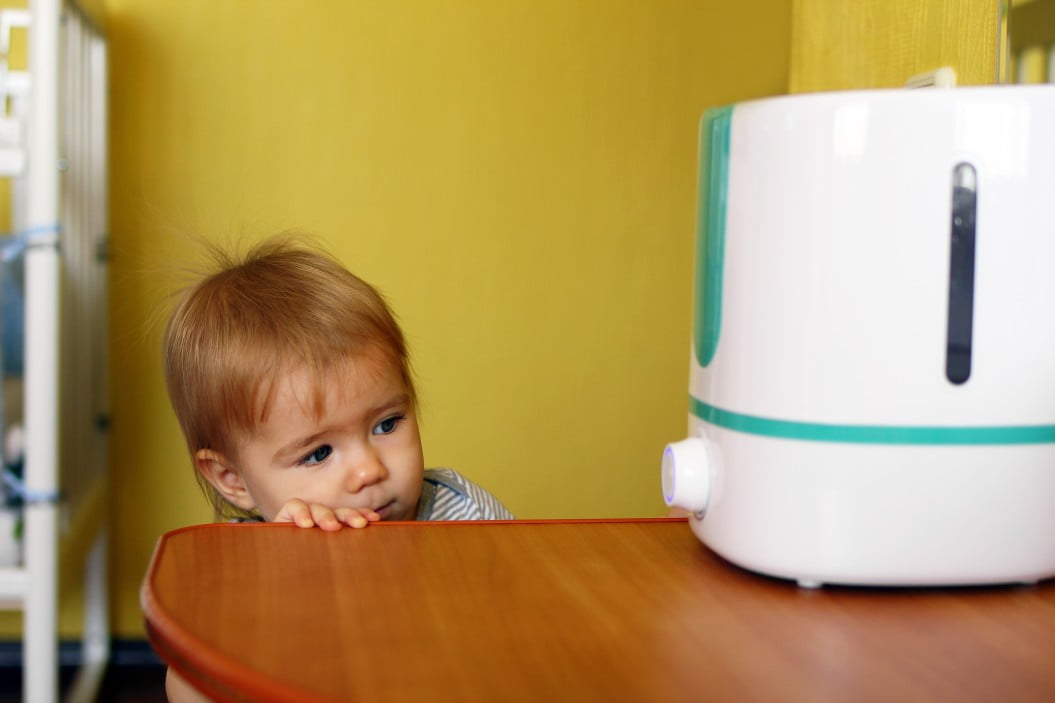
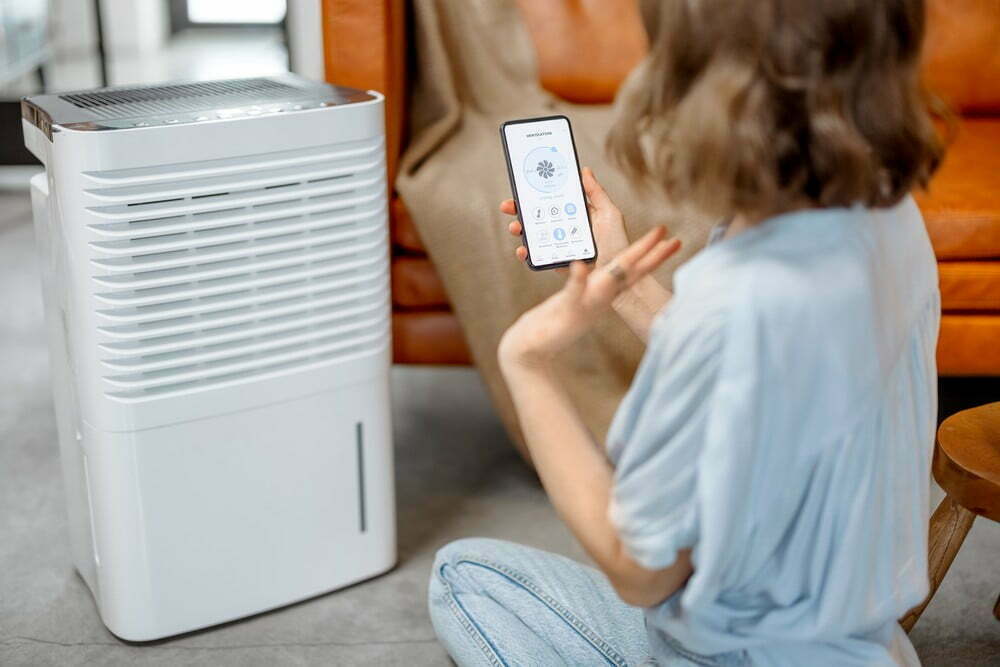
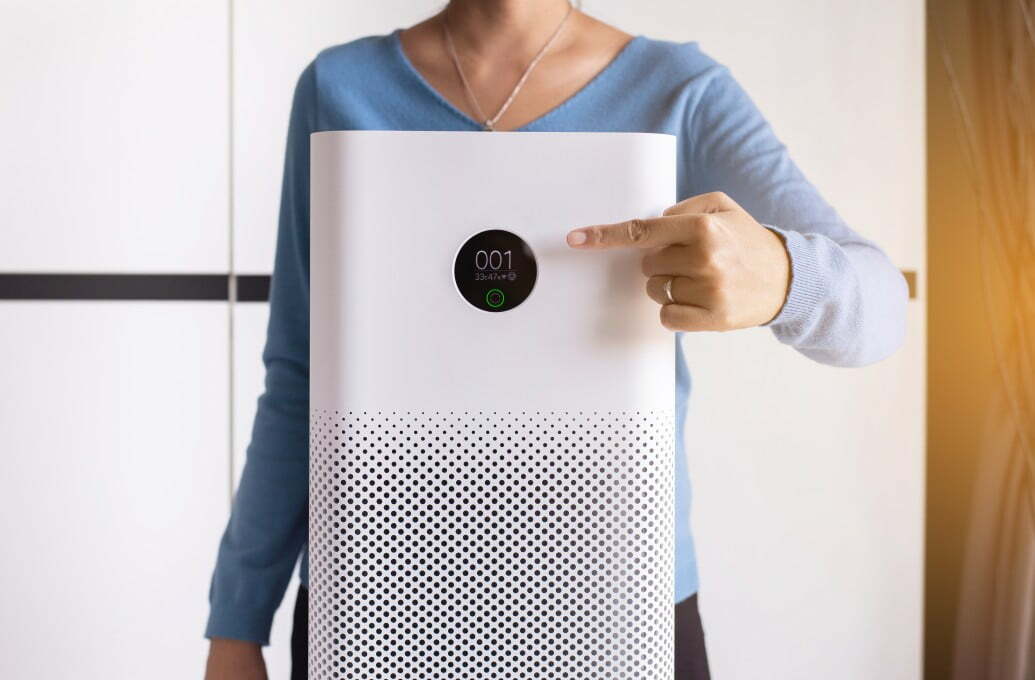
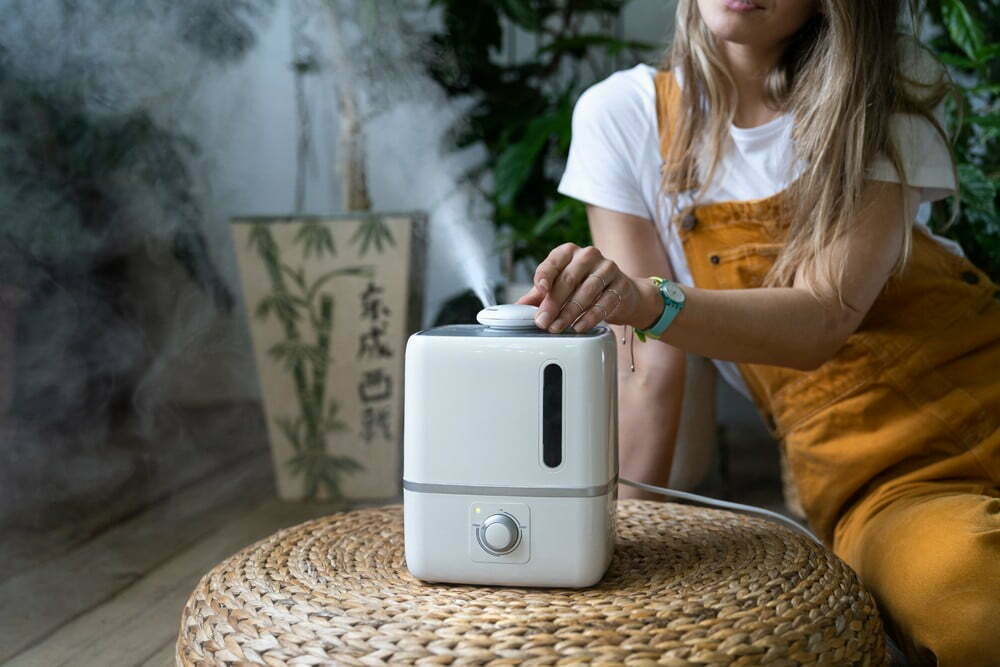
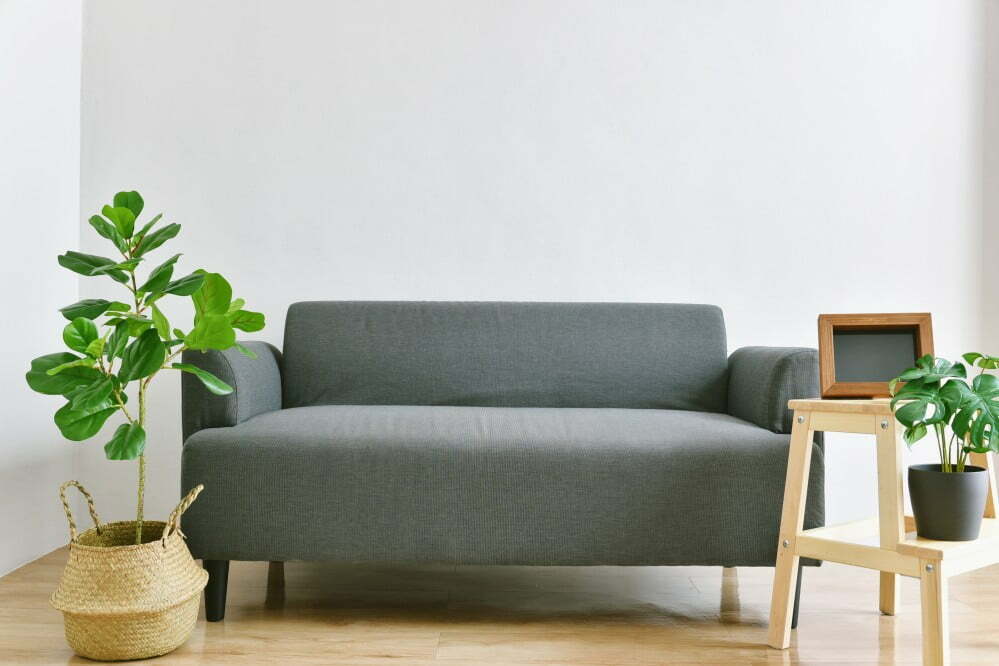

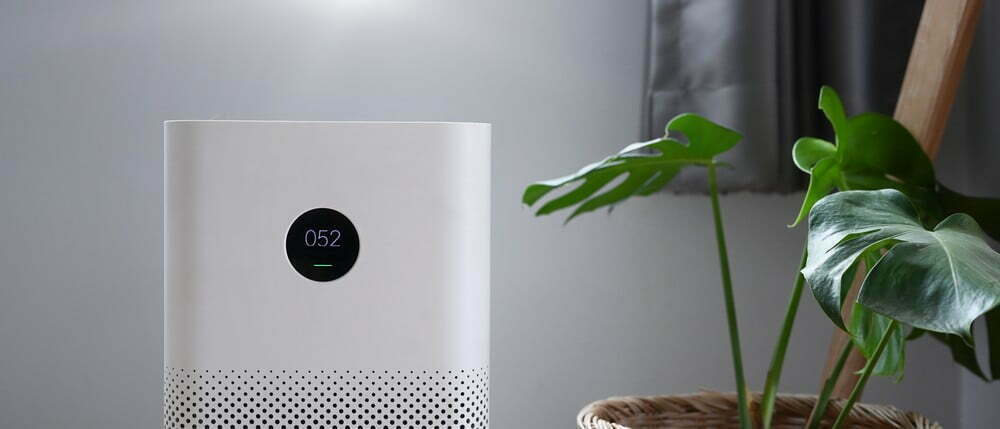
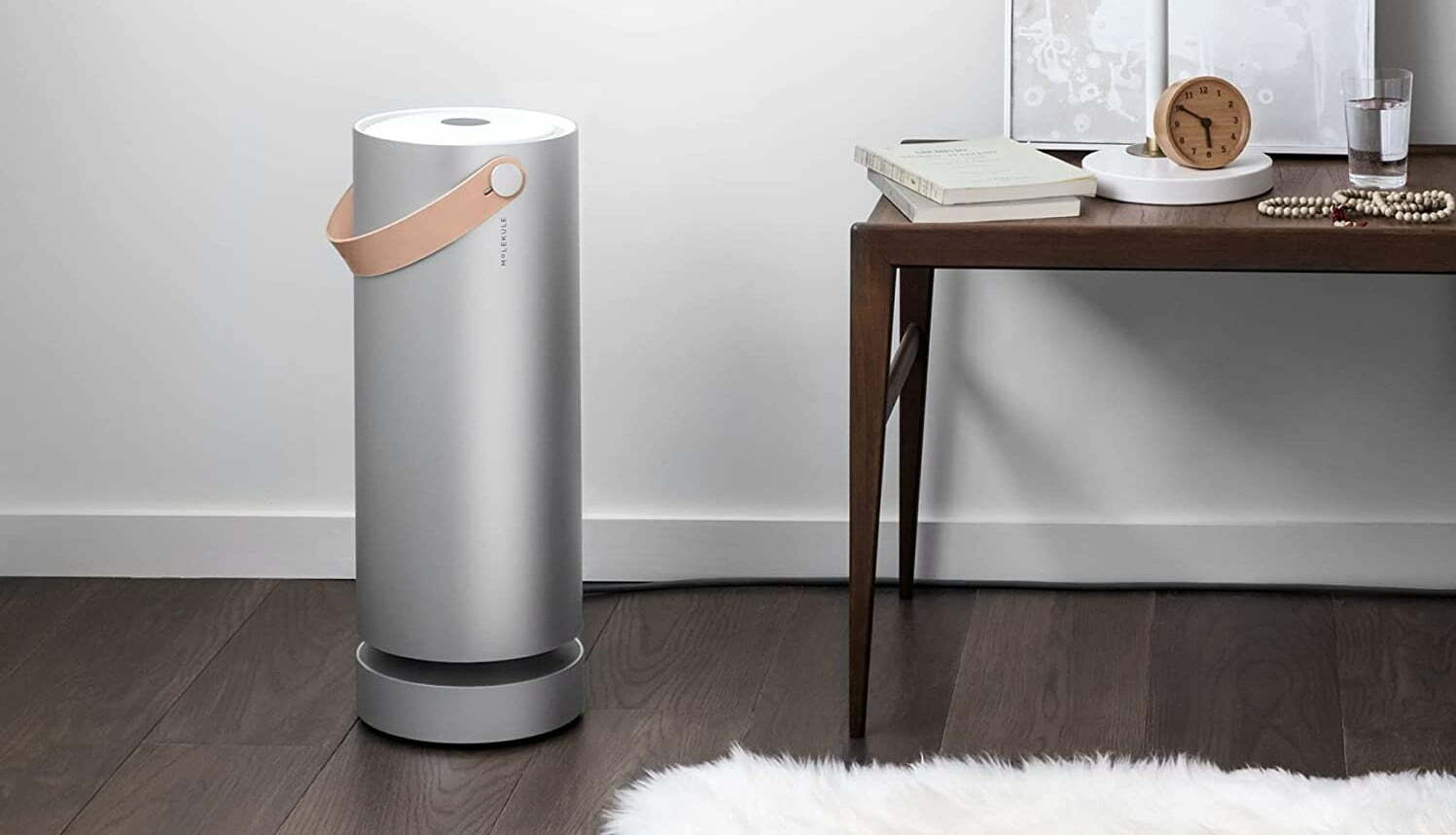
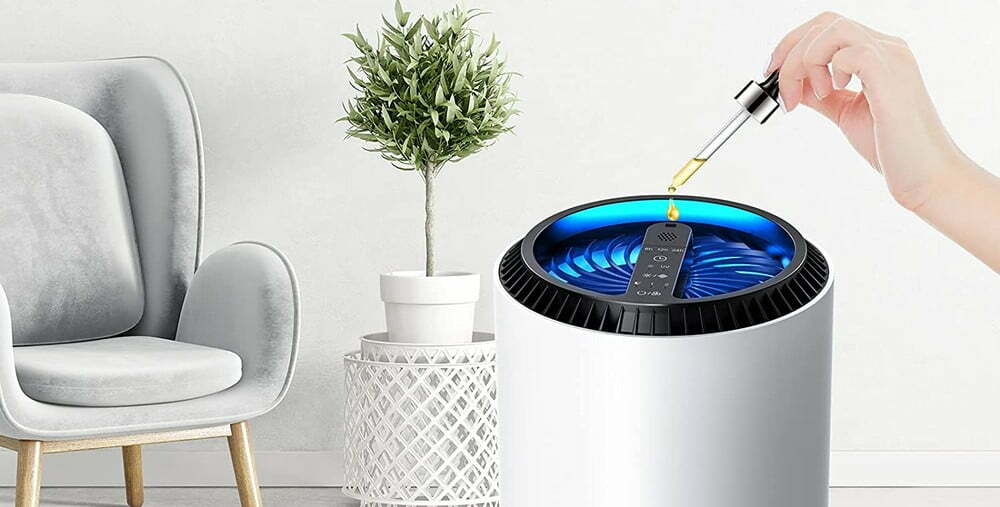
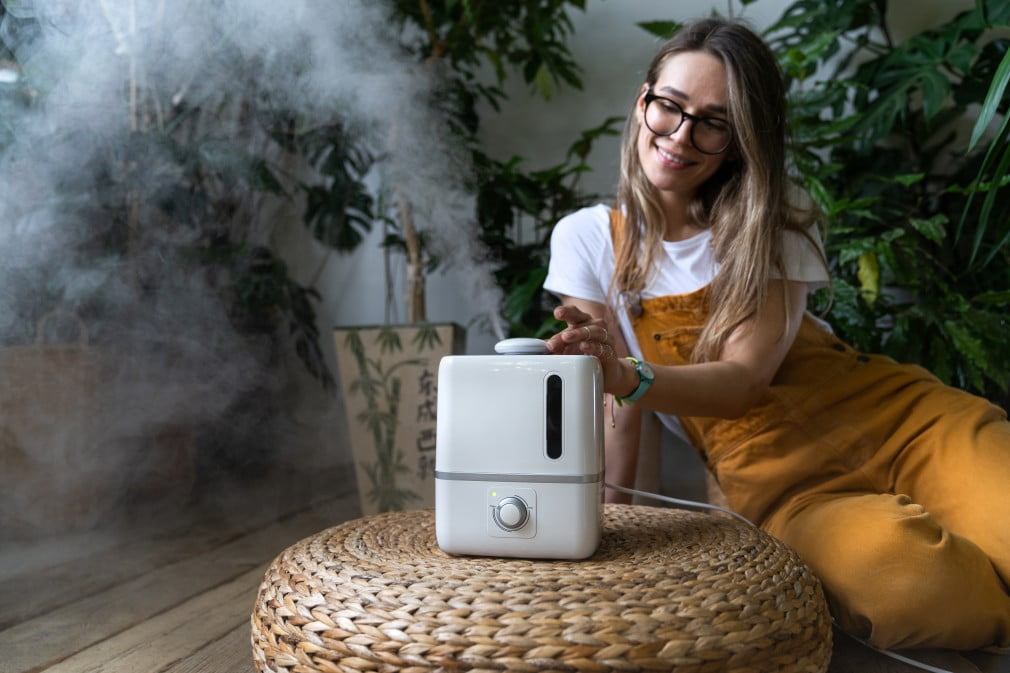
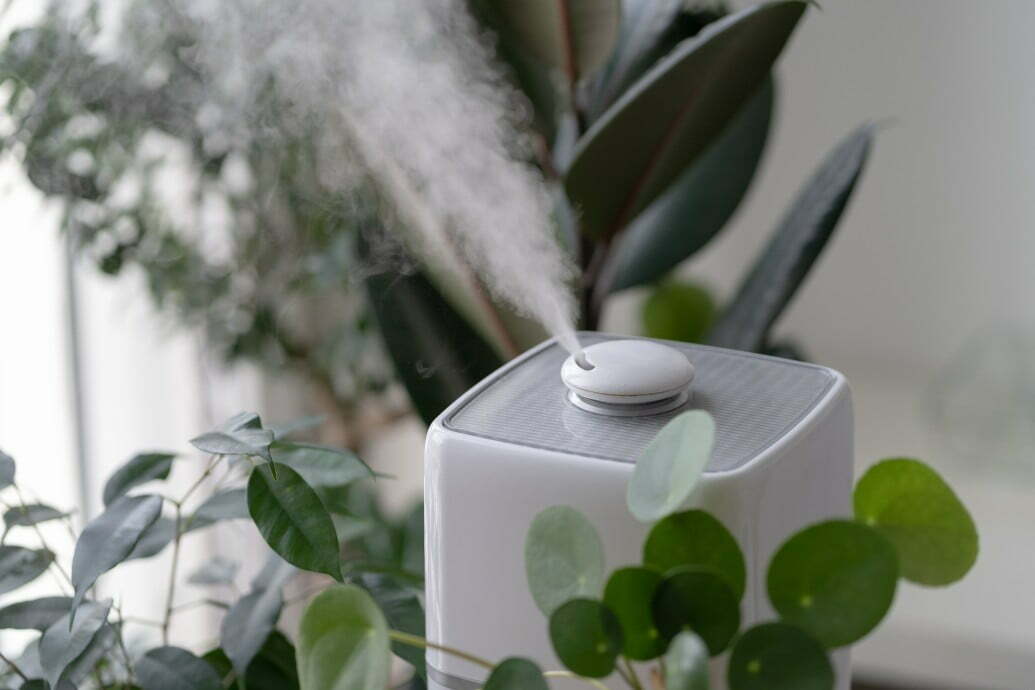
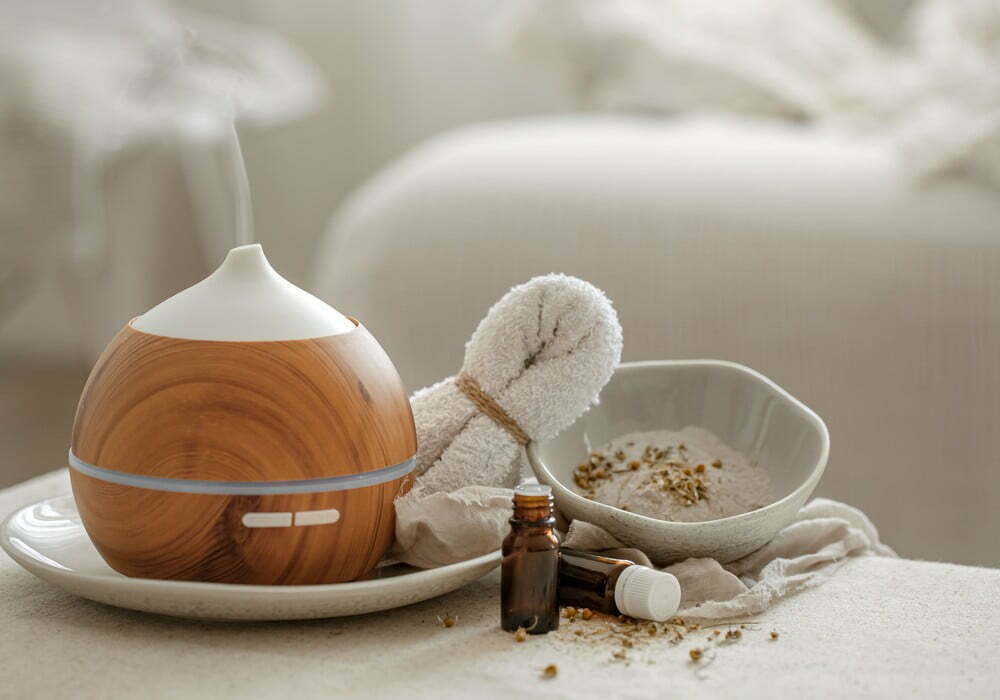
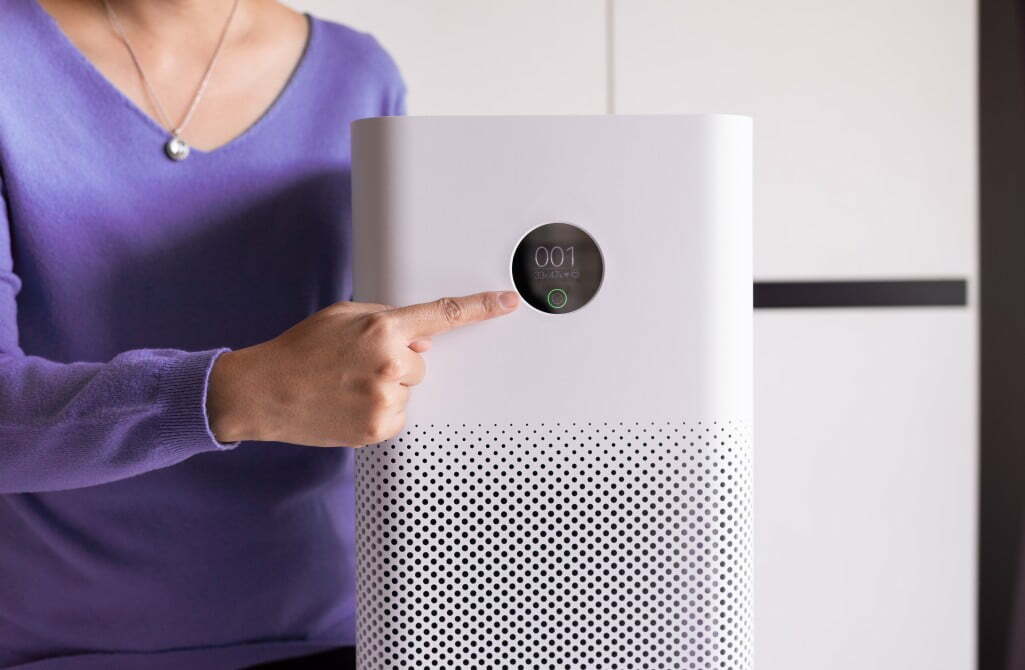
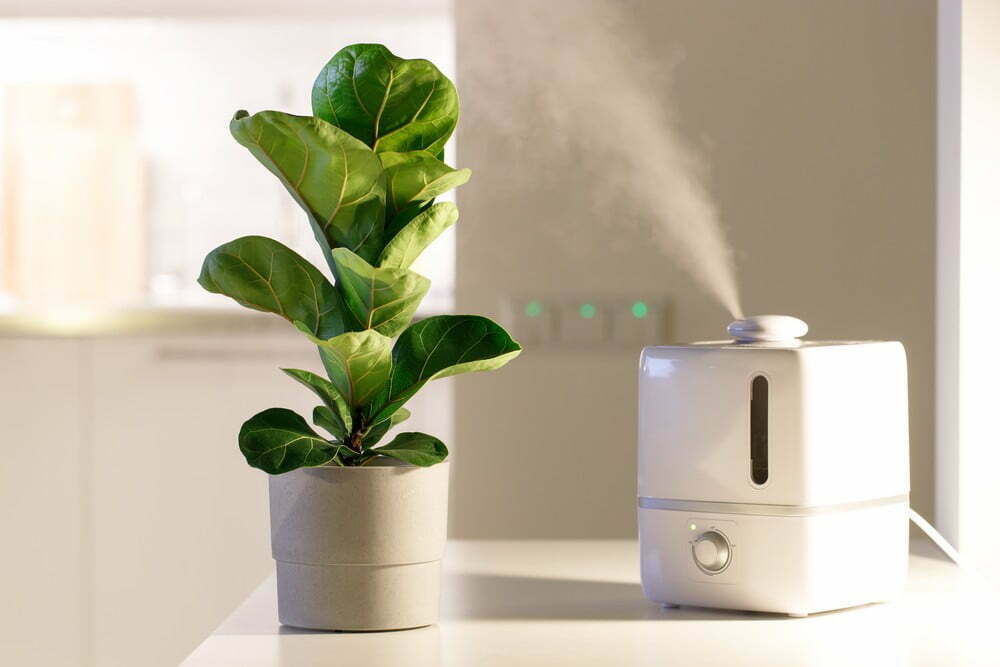

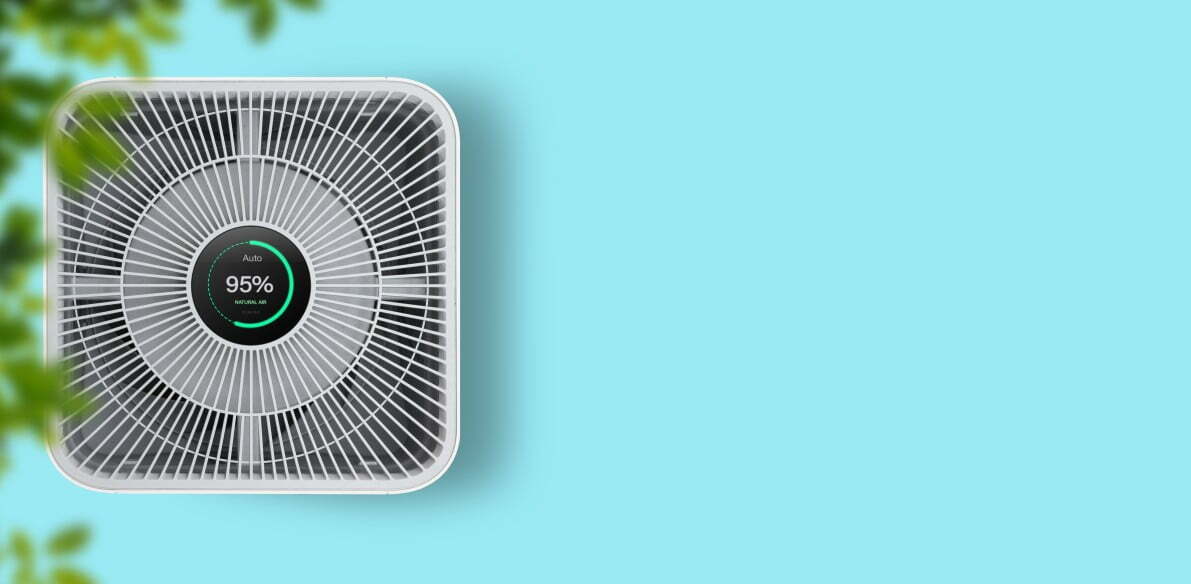
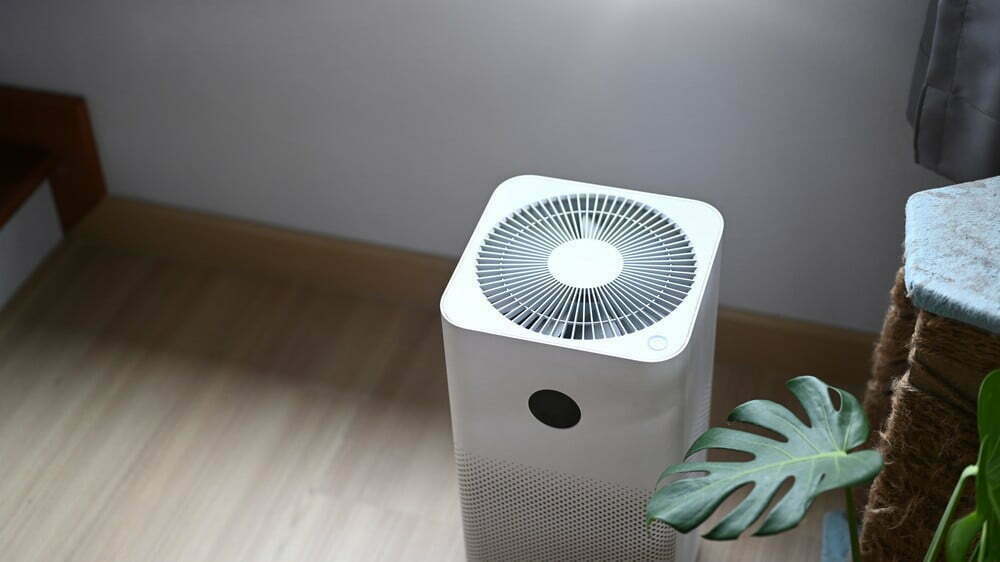
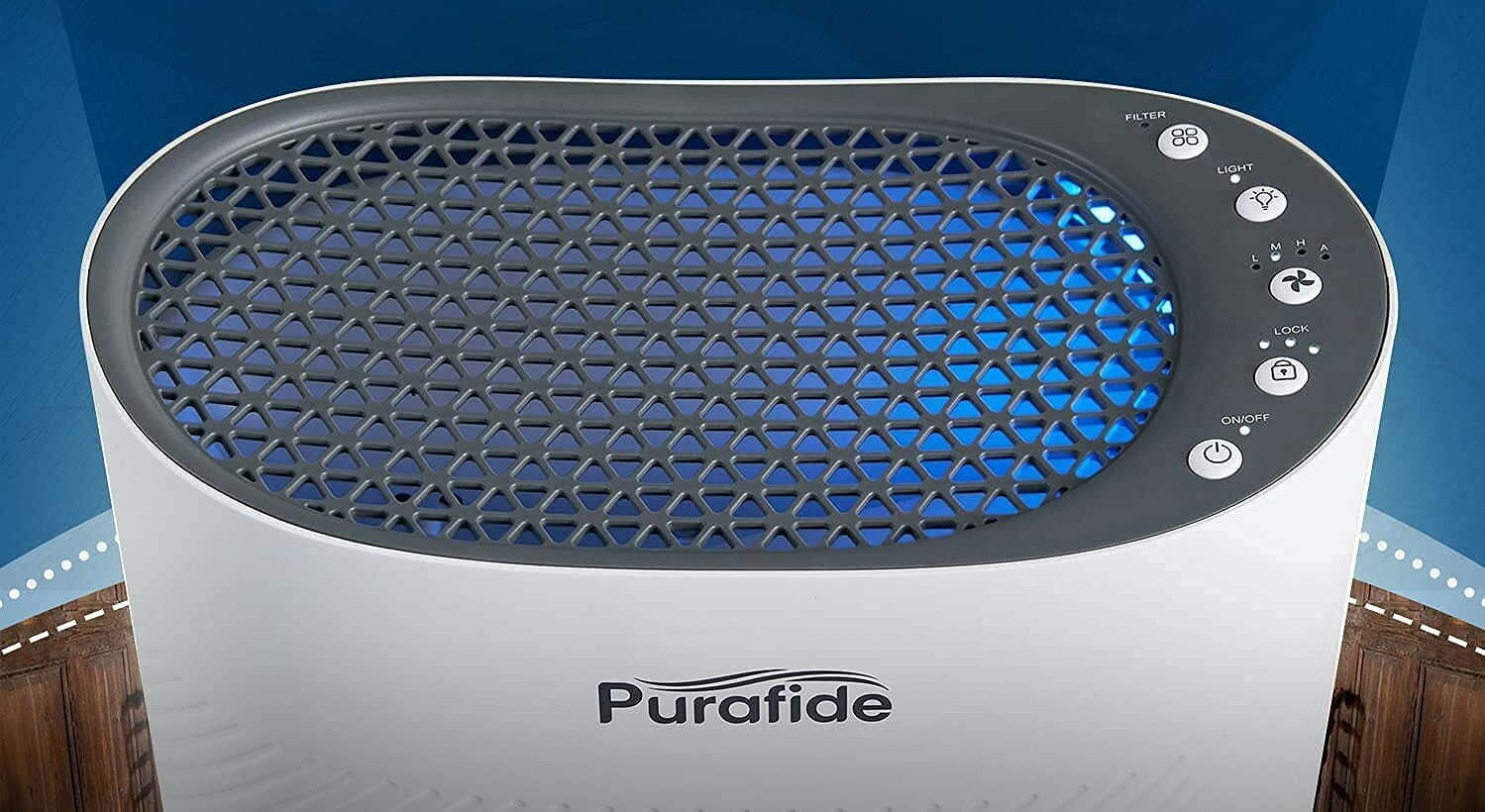
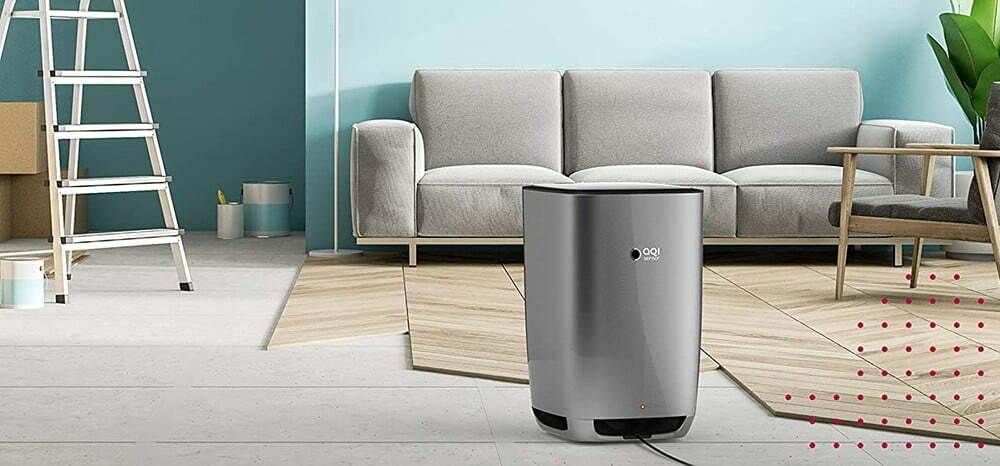
![Best Air Purifiers for VOCs and Formaldehyde in [year] 27 Best Air Purifiers for VOCs and Formaldehyde in 2026](https://www.gadgetreview.dev/wp-content/uploads/best-air-purifier-for-vocs-and-formaldehyde-image.jpg)
![Best Air Purifier in [year] ([month] Reviews) 28 Best Air Purifier in 2026 (January Reviews)](https://www.gadgetreview.dev/wp-content/uploads/Honeywell-True-HEPA-Allergen-Remover-HPA300-e1475603569442.jpg)
![Best Air Purifiers for Dust in [year] 29 Best Air Purifiers for Dust in 2026](https://www.gadgetreview.dev/wp-content/uploads/best-air-purifier-for-dust-image.jpg)
![Best Honeywell Air Purifiers in [year] 30 Best Honeywell Air Purifiers in 2026](https://www.gadgetreview.dev/wp-content/uploads/best-honeywell-air-purifier-image.jpg)
![Best Germicidal Air Purifiers in [year] 31 Best Germicidal Air Purifiers in 2026](https://www.gadgetreview.dev/wp-content/uploads/best-germicidal-air-purifier-image.jpg)
![Best Filterless Air Purifiers in [year] 32 Best Filterless Air Purifiers in 2026](https://www.gadgetreview.dev/wp-content/uploads/best-filterless-air-purifier-image.jpg)
![Best Levoit Air Purifiers in [year] 33 Best Levoit Air Purifiers in 2026](https://www.gadgetreview.dev/wp-content/uploads/best-levoit-air-purifier-image.jpg)
![Best Air Purifiers for Smoking Weed in [year] 34 Best Air Purifiers for Smoking Weed in 2026](https://www.gadgetreview.dev/wp-content/uploads/best-air-purifier-for-smoking-weed-image.jpg)
![Best Quiet Air Purifiers in [year] 35 Best Quiet Air Purifiers in 2026](https://www.gadgetreview.dev/wp-content/uploads/best-quiet-air-purifier-image.jpg)
![Best Desktop Air Purifiers in [year] 36 Best Desktop Air Purifiers in 2026](https://www.gadgetreview.dev/wp-content/uploads/best-desktop-air-purifier.jpg)
![Best Dyson Air Purifiers in [year] 37 Best Dyson Air Purifiers in 2026](https://www.gadgetreview.dev/wp-content/uploads/best-dyson-air-purifier.jpg)
![Best Air Purifiers for Dorm Room in [year] 38 Best Air Purifiers for Dorm Room in 2026](https://www.gadgetreview.dev/wp-content/uploads/air-purifier-for-dorm-room-1.jpg)
![Best Air Purifiers for Office in [year] 39 Best Air Purifiers for Office in 2026](https://www.gadgetreview.dev/wp-content/uploads/best-air-purifier-for-office.jpg)
![Best Air Purifiers for Basement in [year] 40 Best Air Purifiers for Basement in 2026](https://www.gadgetreview.dev/wp-content/uploads/best-air-purifier-for-basement.jpg)
![Best Air Purifiers For Odor in [year] 41 Best Air Purifiers For Odor in 2026](https://www.gadgetreview.dev/wp-content/uploads/best-air-purifier-odor.jpg)
![10 Best Personal Air Purifiers in [year] 42 10 Best Personal Air Purifiers in 2026](https://www.gadgetreview.dev/wp-content/uploads/best-personal-air-purifiers.jpg)
![10 Best Plug In Air Purifiers in [year] 43 10 Best Plug In Air Purifiers in 2026](https://www.gadgetreview.dev/wp-content/uploads/best-plug-in-air-purifier-image.jpg)
![10 Best Whole House Air Purifiers in [year] 44 10 Best Whole House Air Purifiers in 2026](https://www.gadgetreview.dev/wp-content/uploads/best-whole-house-air-purifier-image.jpg)
![10 Best Large Room Air Purifiers in [year] 45 10 Best Large Room Air Purifiers in 2026](https://www.gadgetreview.dev/wp-content/uploads/Coway-Airmega-200M-Large-Room-Air-Purifier-900x900-1.png)
![10 Best UV Air Purifiers in [year] 46 10 Best UV Air Purifiers in 2026](https://www.gadgetreview.dev/wp-content/uploads/best-uv-air-purifier.jpg)
